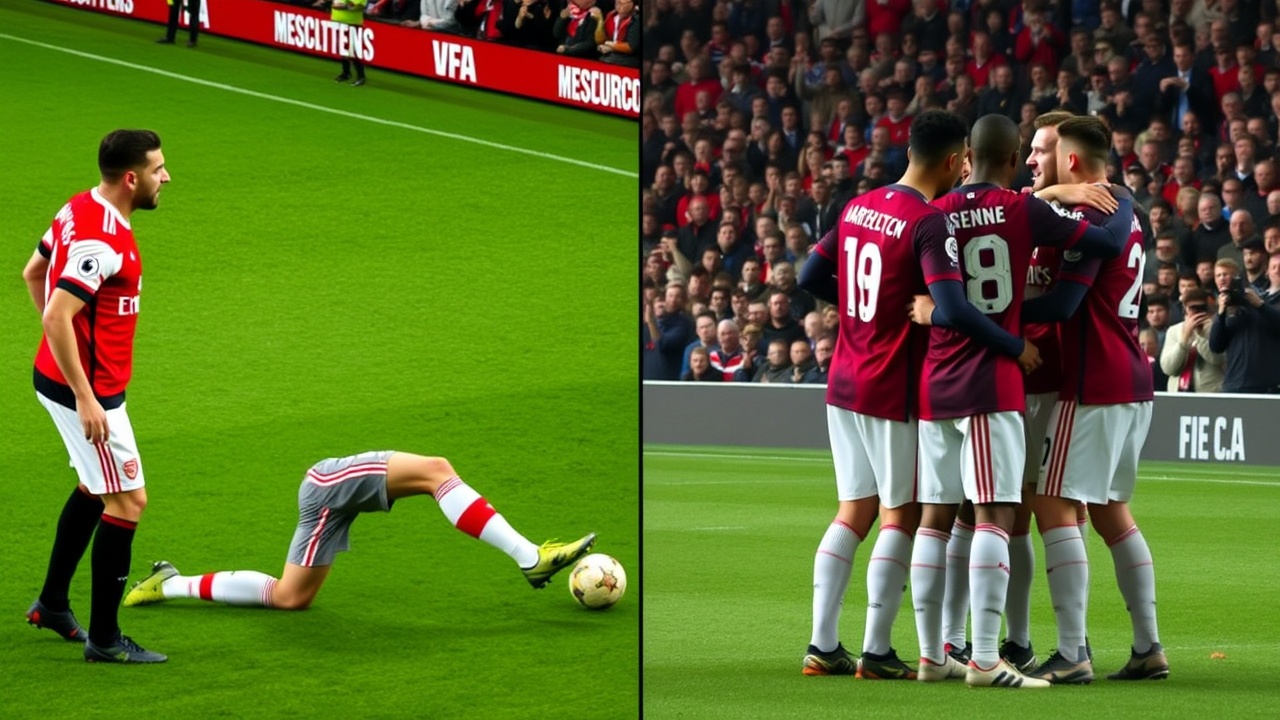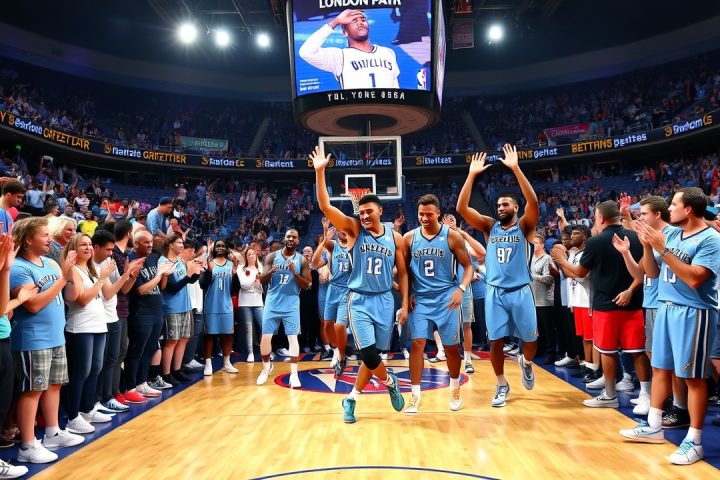Introduction to VAR in the Premier League
The introduction of Video Assistant Referee (VAR) in the Premier League has stirred much debate, especially regarding its decision-making processes and accuracy. With each passing weekend, significant incidents emerge, prompting us to dive deeper into VAR protocols and the Laws of the Game. In today’s VAR examination, we will address several key events: Arsenal’s penalty awarded against West Ham, the reversal of Sunderland’s penalty at Manchester United, and the omission of a foul against Alexander Isak in Liverpool’s clash with Chelsea.
Key Incidents Reviewed
Arsenal vs. West Ham
First up, Arsenal’s match against West Ham featured a penalty awarded to the Gunners in the 67th minute. Jurriën Timber, after receiving a pass, was fouled by El Hadji Malick Diouf near the edge of the penalty area. Referee John Brooks pointed to the spot, and VAR official Michael Oliver confirmed the decision. The VAR’s judgment upheld the penalty, successfully identifying a foul occurring at the point of contact.
An important nuance came into play regarding the foul’s location; although Diouf’s initial contact occurred just outside the area, it was deemed that the foul itself transpired inside the box, thus confirming the penalty.
Initially, this incident sparked debate—was there a foul before entering the area? Some argue that Diouf’s actions could warrant a free kick, but VAR concluded otherwise. This subjectivity is a recurring theme in VAR decisions, where interpretations can widely vary among officials. In this instance, Bukayo Saka converted the awarded penalty, sealing a narrow victory for Arsenal.
Offside Controversy
In another notable episode during the match, Saka had a goal disallowed in the 24th minute after the assistant referee flagged him offside. Following a flick off Diouf, VAR reviewed the decision regarding a possible offside reset from the touch. Ultimately, it was determined that Diouf did not make a deliberate play on the ball, resulting in Saka’s offside being upheld. The VAR’s conclusion aligned with a meticulous adherence to the rules regarding deliberate play—a crucial facet in VAR evaluations.
Sunderland’s Overturned Penalty
Meanwhile, in Manchester, Sunderland faced an overturned penalty after an apparent foul by Benjamin Sesko on Trai Hume. Referee Stuart Attwell‘s initial decision allowed play to continue; however, the VAR intervened to analyze the incident further. The conclusion was that there was no contact, leading to a canceled penalty, which, although initially confusing, proved to be the correct course of action.
Yellow Card for Diving
Additionally, in a separate match, Bertrand Traoré was shown a yellow card for diving, despite minimal contact from Bruno Fernandes during his attempt to navigate past the United defense. VAR found insufficient evidence to warrant a penalty, reinforcing the on-field referee’s judgment.
Isak’s Challenge
The VAR’s involvement continued with a challenge involving Alexander Isak, who fell after an arm from Chelsea’s Reece James made contact with his head. The VAR found that Isak had initially fouled James, and thus no penalty was awarded—an outcome that sparked frustration yet was consistent with preceding rulings in similar situations.
Newcastle’s Denied Penalty
Further, Newcastle’s Dan Burn was denied a penalty after being held by Morato, although the referee adjudged the contact as minimal. This too raised questions about VAR’s interpretations of holding in the box—a fine line that often leads to varying outcomes across similar incidents throughout the league.
Conclusion
As VAR continues to evolve within the Premier League, discussions surrounding its implementation will likely persist. The complexity of subjective and objective rulings remains, whether we are discussing foul play or offside intricacies. In sum, while VAR was able to get several calls right over the weekend, the ongoing debates underscore the nuanced challenges in sports officiating, magnified under the scrutiny of technology.
In summary, the weekend’s VAR review encapsulated both successful interventions and contentious decisions, reiterating the system’s complexity in ensuring fair play in football’s top tier.




